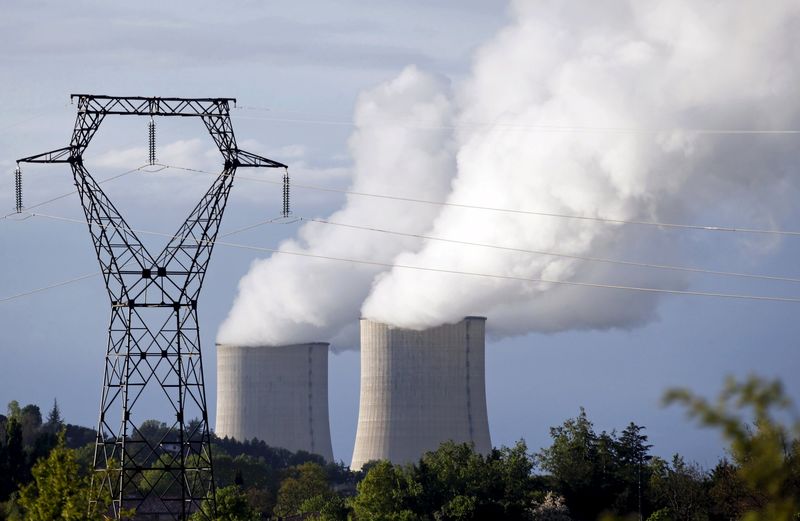Investing.com -- Shares in nuclear companies rose higher on Wednesday after Amazon (NASDAQ:AMZN) announced that it has entered into three agreements to develop small modular reactors (SMRs), a type of nuclear power technology, as part of its strategy to address the growing energy needs of its data centers.
The move positions Amazon alongside other major tech companies seeking alternative energy sources to meet rising electricity demand.
Shares in Nano Nuclear Energy Inc (NASDAQ:NNE) and Nuscale Power Corp (NYSE:SMR) surged nearly 10% each in premarket trading, and Oklo Inc (NYSE:OKLO) jumped more than 11%.
Amazon said it plans to fund a feasibility study for an SMR project near an Energy Northwest site in Washington state. The SMR, which will be developed by X-Energy, did not have financial details disclosed.
As part of the agreement, Amazon will have the option to purchase electricity from four reactor modules.
Energy Northwest, a coalition of state public utilities, can expand the project by adding up to eight more 80 MW modules, potentially reaching a total capacity of 960 MW—enough to power over 770,000 U.S. homes. This additional capacity would serve Amazon's needs as well as power homes and businesses in the area.
“One of the fastest ways to address climate change is by transitioning our society to carbon-free energy sources, and nuclear energy is both carbon-free and able to scale—which is why it’s an important area of investment for Amazon,” said Matt Garman, CEO of Amazon Web Services.
"Our agreements will encourage the construction of new nuclear technologies that will generate energy for decades to come.”
SMRs are designed to have components assembled in factories, which helps lower construction costs compared to today's larger reactors that are built on-site. However, critics argue that SMRs may still be too expensive to achieve the necessary economies of scale.
Nuclear power, which is known for generating electricity without greenhouse gas emissions and providing well-paid union jobs, has support across both political parties in the U.S.
